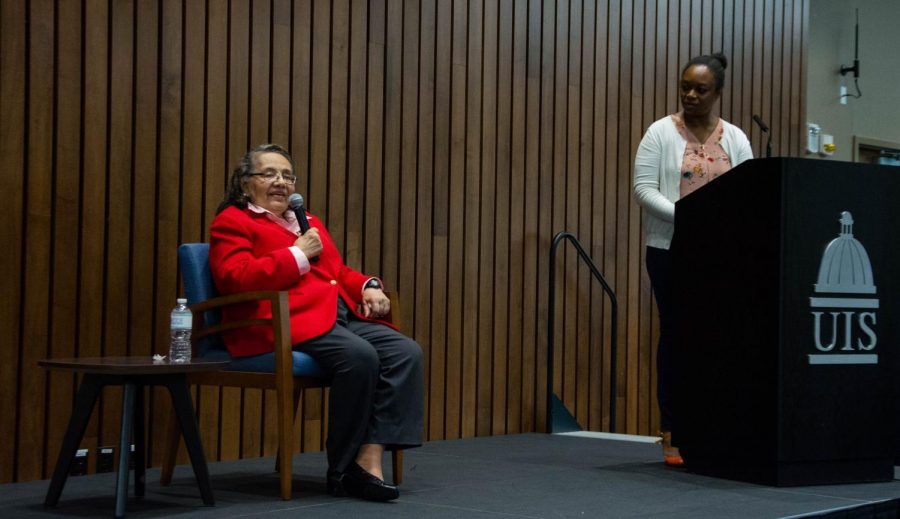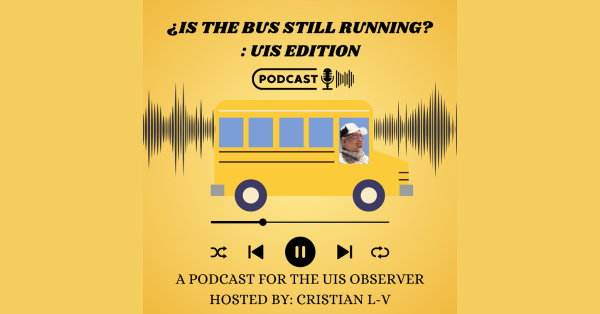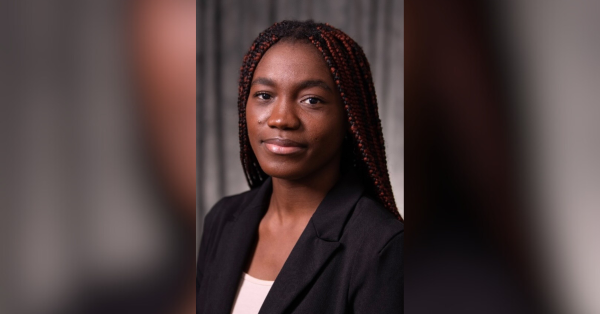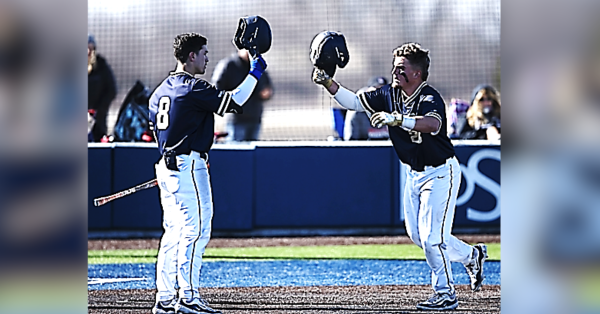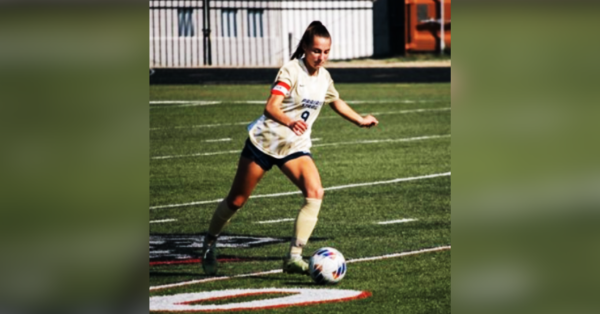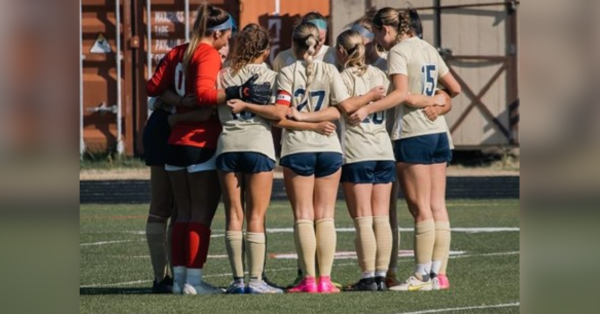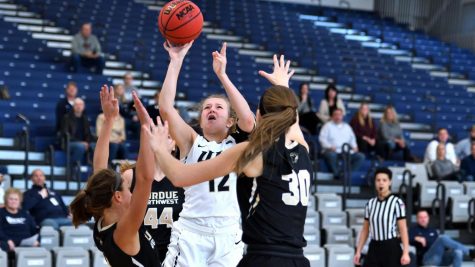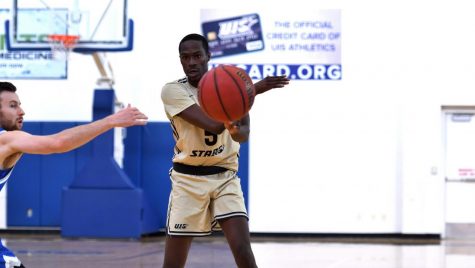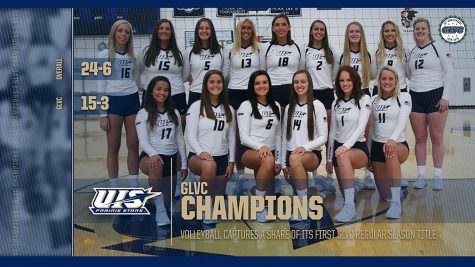Civil Rights Activist Talks About Experiences, Philosophy
It was as a student at Fisk University in Tennessee that Diane Nash had the first taste of the overt segregation that would lead her to become prominently involved in the civil rights movement.
Growing up in the South Side of Chicago, it was definitely segregated—but not like the southern United States had, Nash said.“They had signs that said white only,” she said. “When I obeyed segregation rules, it felt like I was agreeing that I was too inferior to go through front doors, into certain restaurants, libraries, swimming pools, public parks, hotels and other public accommodations.”
It was seeing herself and fellow African-Americans going through this “degrading, humiliating” treatment that made her want to find an organization to help fight it. Eventually, Nash would go on to coordinate freedom rides and sit-ins, and other campaigns to combat discrimination.
At a talk that was part of the Engaged Citizenship Common Experience Speaker Series Program, Nash shared her experiences and philosophy, based on “agapic energy.” “Few people really understand it,” Nash said. “We needed a term that encompassed much more than simply the absence of violence… Agapic energy is not passive; it is active.”
Agapic energy includes the principle that people are never the enemy—unjust systems are. “Racism, sexism, ignorance, emotional and mental illness—those are the enemies,” Nash said. “If you recognize people are not the enemy, and love and respect the person, and at the same time, you attack the attitude or action from that person.”
Another principle is that oppression always requires the cooperation of the oppressed. “If the oppressed would withdraw their cooperation from the oppressive system, that system will fall,” Nash said. “Very often we give away our power.”
Speaking on some present-day issues, Nash said the only way the country will make it through “this frightful period” is if citizens take the future of their country into their own hands. “Can you imagine if we waited for elected officials to desegregate lunch counters, buses?” she asked.
Practicing agapic energy wasn’t always easy, Nash said. She recalls seeing on more than one occasion someone standing next to another person who was breaking down, put their arm around them and comfort them.
“[They would say] remember what we’re doing is not for us,” Nash said. “We’re doing this for generations yet unborn.”
She addressed the audience, saying “Future generations need you to do the same for them.”
This is the part of the speech that moved Adam Velk, a graduate student in the public history program.“I think the way she ended it had me a little verklempt,” he said. “It had me crying a little bit.”Velk said the idea of agapic energy was “just incredible.”
“She actually made a change, and so to get to sit front row and see her speak is one of the coolest things ever,” he said.
Johanny Martinez, a graduate student in public health, said she learned about the importance of being a citizen, and the power people have when they enforce their rights as a citizen from Nash’s talk.
Dara Abina, an academic adviser, said she liked that Nash spoke from a strategic standpoint. “I like how she lead her talk with it’s all about energy and all about love,” Abina said.
She said she liked how Nash brought a strategic element to her talk. “She brings about those tangible elements about how to do it. She gave us the framework,” Abina said.
Ryan Williams, an online program coordinator for educational leadership who teaches freshman seminar courses, said she has seen agapic energy in the students she sees.
“I think that especially this generation, this freshman class that we have right now, they really are about positivity and connecting and inclusivity,” Williams said.



